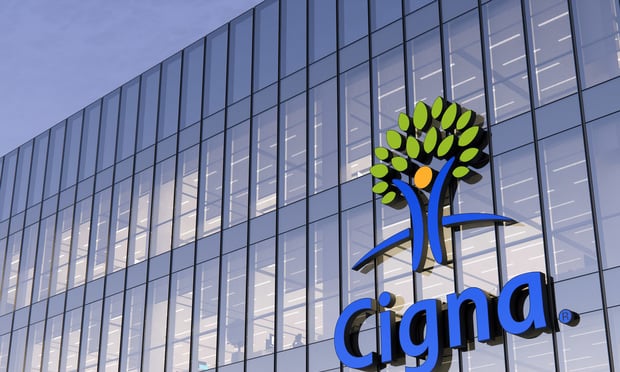Most of the discussion swirling around the mandate provision of the Patient Protection and Affordable Care Act refers to the individual component. Brokers and employees seem to get all the press.
What gets less coverage, and could have a much broader impact, is the employer mandate. That part of the law, in short, forces any employer with more than 50 full-time employees to offer health care coverage. (Employees, though, are allowed to decline said coverage, but that's another story.)
The conventional wisdom, of course, is that we'll see a widening of the divided between small and larger employers. Much like the middle class as a whole, we could see the slow extinction of what we see as mid-sized companies—those employing around 50 to 100 workers. The logic is that those close to that 50-employee threshold will do just enough to squeak under it, while only those companies employing more than 100 or so would even be able to afford to offer the coverage. The next few months should clear this up as the Jan. 1 deadline approaches.
Recommended For You
In light of that, the Society for Human Resource Management offered up its position in comments submitted to the Internal Revenue Service, the agency tasked with enforcing the mandate, and its subsequent penalties. (Or should I say, "tax?")
SHRM's vice president of government affairs, Michael P. Aitken, drafted the comments, which, among other things, urged the feds to offer employers greater flexibility and safe harbor when the mandate goes live.
Specifically, Aitken suggested the IRS:
"Give new employers flexibility when they need time to establish employee benefit programs. For instance, SHRM supports a safe harbor allowing new employers with 50 or more full-time equivalents a period of at least six months before they become subject to the shared responsibility rule.
Consider how the agency counts "hours worked for purposes of the rule (particularly for Fair Labor Standards Act-exempt employees).
"Excluding from the rule's definition of who must be offered coverage those full-time employees who are covered under health plans of another family member, under student health plans or through another employer.
"Clarifying procedures and giving more time for an employer to appeal when the employer believes that an employee erroneously obtained coverage through a public exchange."
The organization's entire comments can be found here.
So far, the feds have been relatively flexible with PPACA's implementation, pushing back deadlines and granting wavers for the states and carriers, respectively. Let's hope employers can get that same consideration. Especially now, with hiring still struggling to keep up with a growing workforce.
© 2025 ALM Global, LLC, All Rights Reserved. Request academic re-use from www.copyright.com. All other uses, submit a request to [email protected]. For more information visit Asset & Logo Licensing.







